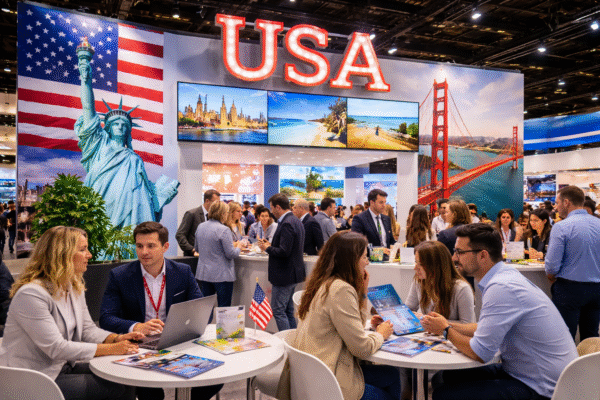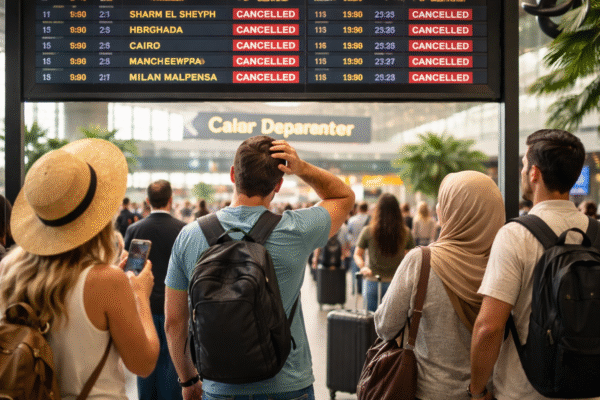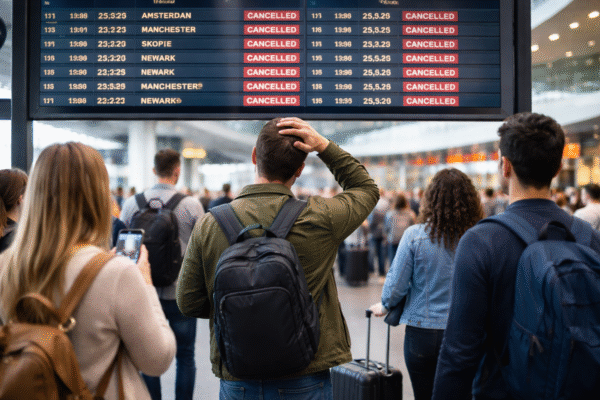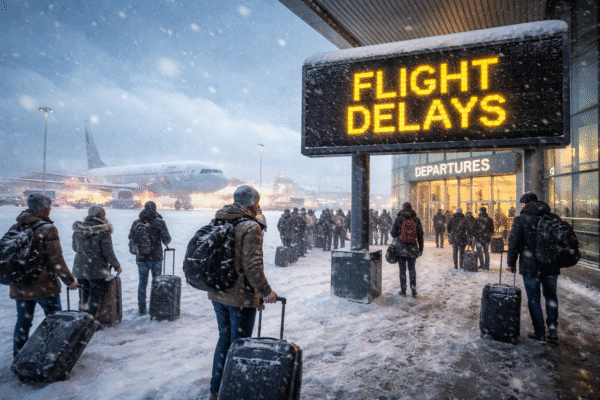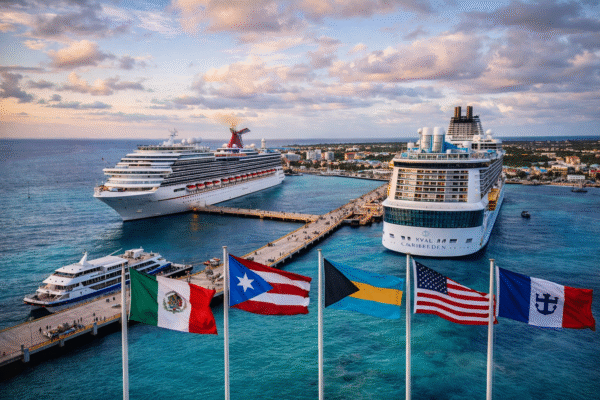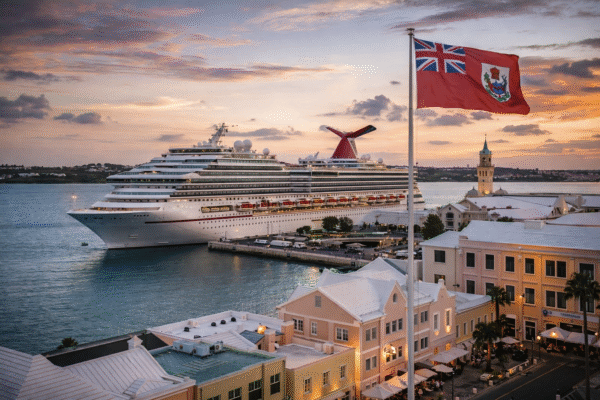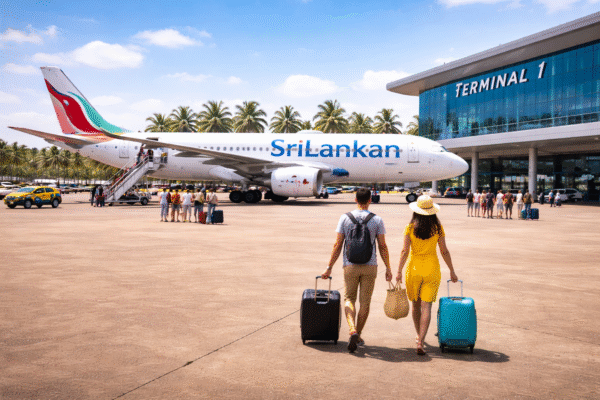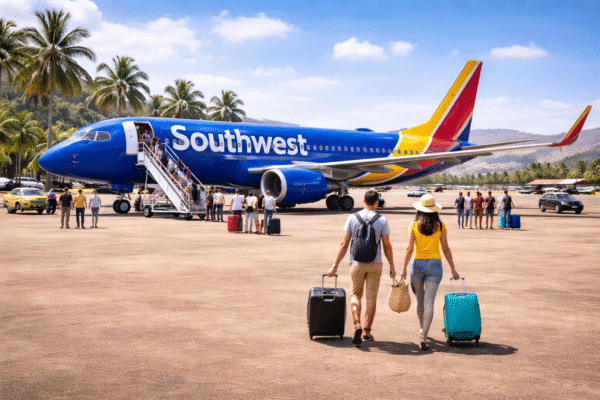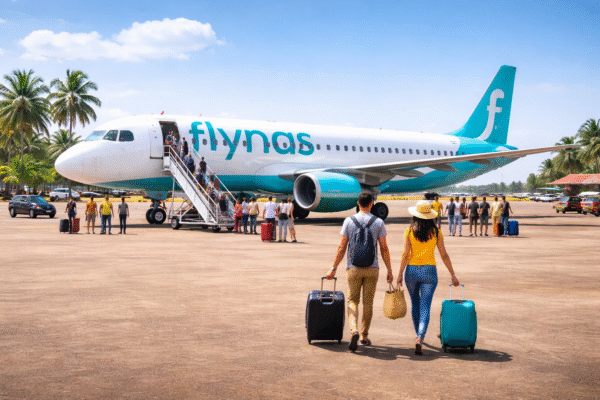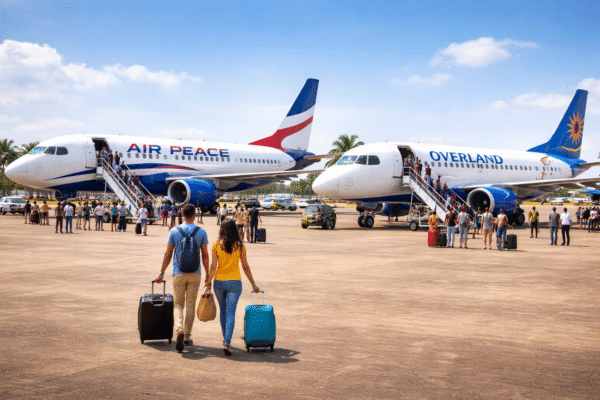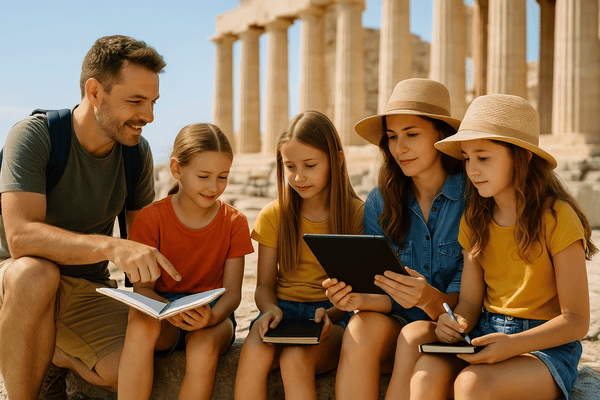Florida Family Redefines Education Through World Schooling, Sparking a Global Tourism and Learning Trend
A Florida family is capturing global attention by merging education with travel in a rising trend known as “world schooling.” By visiting over 40 countries, this pioneering family is offering their three daughters a one-of-a-kind learning experience that goes far beyond textbooks and classrooms. Their lifestyle reflects a growing movement in educational tourism—where families explore the world as a living classroom, combining homeschooling with immersive global travel.
World schooling is rapidly gaining momentum among families seeking a more flexible, inclusive, and experience-based approach to learning. Amid rising dissatisfaction with conventional education models and a post-pandemic shift in work and learning environments, this alternative educational path is redefining what modern schooling looks like in 2025.
What Is World Schooling?
World schooling refers to an educational model where learning is not tied to a fixed classroom but instead unfolds in real-world environments across countries and cultures. The Florida family in question embraces this method fully, combining structured homeschooling with destination-based learning that adapts to the countries they visit.
In their case, a history lesson might take place while walking through the ruins of ancient Greece, a science discussion could unfold while exploring volcanic formations in Iceland, and an art appreciation session might happen inside Florence’s Uffizi Gallery. In Japan, their children explored the nation’s technological innovations, while in Egypt, they studied ancient civilizations firsthand at the pyramids of Giza.
How It Works: Flexible, Parent-Led Education
Unlike traditional schooling, world schooling gives families the autonomy to create flexible curricula that adapt to different time zones, cultures, and learning environments. Parents often rely on a mix of online educational tools, open-source materials, and real-world experiences.
This Florida-based family carefully designs a dynamic learning schedule that combines virtual lessons with field trips, museum visits, language immersion, and cultural exchanges. Popular platforms such as Khan Academy, Duolingo, Outschool, and Time4Learning serve as digital supplements, while local experiences anchor theoretical knowledge in lived reality.
Families like theirs often join homeschooling networks abroad or link up with other world schooling communities to ensure that children remain socially engaged. From booking educational walking tours to attending local art workshops, these parents seek out every opportunity for experiential learning.
Educational and Emotional Advantages
World schooling is more than a novel idea—it offers tangible benefits. Among the top educational advantages are:
- Experiential Learning: Students learn by seeing, touching, and doing, which strengthens memory retention and fosters deep understanding.
- Cultural Literacy: Exposure to different cultures fosters empathy, respect, and global citizenship—essential qualities in today’s interconnected world.
- Language Acquisition: Immersive environments help children learn foreign languages quickly and with authentic pronunciation.
- Critical Thinking and Adaptability: Navigating unfamiliar places, managing time zones, and solving logistical challenges build real-life problem-solving skills.
- Family Bonding: Spending extended time together allows families to grow closer and collaborate on educational goals.
According to UNESCO and the U.S. Department of Education, alternative educational pathways such as homeschooling and experiential learning have surged in popularity post-pandemic, especially among families with digital flexibility and global work arrangements.
Challenges Along the Way
Despite its advantages, world schooling is not without its hurdles. Constant travel can lead to inconsistencies in academic routines, and access to traditional academic support, such as tutoring or standardized testing, can be limited abroad. Additionally, some parents worry about the long-term implications of departing from conventional schooling paths—particularly regarding university admissions.
However, the Florida family navigates these challenges by joining global homeschooling accreditation programs and maintaining digital portfolios of their children’s work. They also prioritize connectivity by securing international data plans and joining expat or nomad communities wherever they travel.
Online forums, such as Worldschoolers Facebook groups and platforms like Project World School, have emerged to support families with curriculum advice, logistical planning, and peer socialization opportunities.
A Global Shift in Education and Tourism
The rise of world schooling marks a broader transformation in how families perceive both education and travel. It reflects a growing belief that meaningful learning happens everywhere—not just within school walls. This movement is fueled by the increasing availability of remote work, digital learning tools, and a desire for global fluency.
In destinations like Costa Rica, Bali, Portugal, and Mexico, local economies are even adapting to this influx of world-schooling families by offering long-term housing, international education resources, and family-focused cultural experiences.
Tourism boards across the globe are beginning to recognize this trend as an economic opportunity. Some cities now market themselves as “world-schooling hubs,” promoting kid-friendly museums, cultural classes, and interactive travel itineraries that align with educational goals.
Conclusion: A Movement that Transcends Travel
For the Florida family, world schooling is not just an educational choice—it’s a way of life rooted in curiosity, courage, and connection. Their children are growing up as global citizens, learning not only math, science, and literature, but also empathy, resilience, and adaptability.
As the world evolves, so too does the definition of learning. World schooling presents a compelling model that blends the best of travel and education—one that prepares children not just for exams, but for life. And for families inspired by this journey, the world might just be the most powerful classroom of all.
For more travel news like this, keep reading Global Travel Wire

